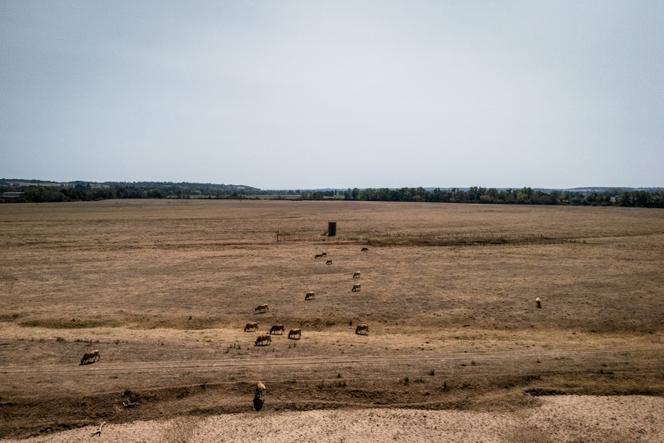


Rising temperatures lead to slower economic growth. The latest illustration of this phenomenon is that extreme weather events this summer, such as heat waves, droughts and floods, are projected to cause €43 billion in macroeconomic losses in the European Union by 2025. This represents a 0.26% decrease in the gross value added (GVA) of the 27 member states. GVA is essentially the total value created by the economy and is roughly equivalent to gross domestic product (GDP). These are the findings of a study published by the University of Mannheim, Germany, on Monday, September 15, conducted with two economists from the European Central Bank.
Contrary to popular belief, the economic impact of disasters does not end when the disasters are over. In fact, it intensifies in the following years, meaning the cost of this summer's extreme temperatures could reach €126 billion (0.78% of the EU's gross value added) by 2029. This would be a significant economic loss, said Sehrish Usman, the study's lead author and a researcher at the University of Mannheim. This burden is expected to grow in the coming decades as climate change increases the frequency and intensity of extreme weather events.
You have 77.01% of this article left to read. The rest is for subscribers only.
